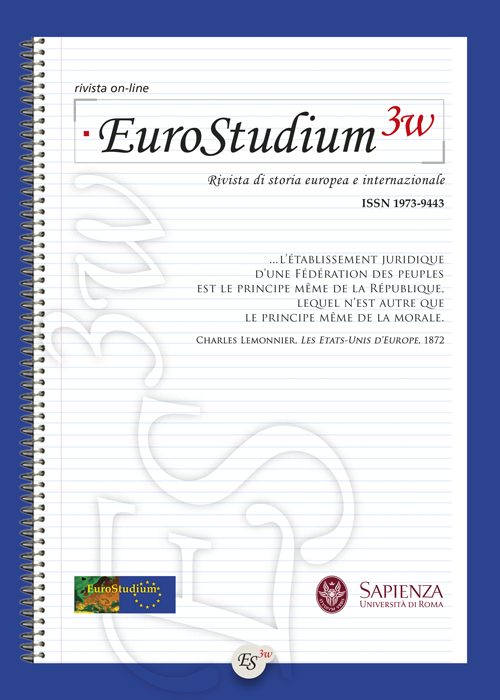“Nei modi più spediti e robusti abbiano ad esser esemplarmente puniti”. L’esercizio della giustizia nella flotta veneta del XVIII secolo
Abstract
The main European war navies of the Eighteenth-Century saved the highest roles of the hierarchical scale to the aristocracy: in that century even the Venetian Republic, according to the habits of the past, entrusted the patricians, appointed by the Great Councils, the leadership positions and, consequently, the efficiency and discipline of the fleet. The powers attributed to the main Venetian naval commanders also included the functions proper to a magistrate, such as the investigator and the judge. Moreover, the severe discipline, aimed at crews made up of free and condemned sailors, soldiers, low officers, captains and commanders, did not reach the rigour of the one used on ships of other nations, such as United Kingdom of Great Britain. That said, this contribution aims to illustrate which dynamics the Venetian justice was inspired by, on the fleet: if the repressive action against the crews concerned above all blood crimes, escape attempts and desertion, the mistakes made by those in positions of responsibility were severely prosecuted. In times of war, treachery, insubordination, cowardice and disobedience were repressed with the utmost rigour.As the Archive sources show, the loss of a naval unit or its damage was particularly serious: in this regard, the phases of some legal actions initiated following the loss of a Governmental Warship are presented here. However, in the light of the cases examined, the rigour expressed in the sentences of the Commanders of the fleet and the Senate towards the high-ranking and low-ranking officers guilty of non-compliance, seems to be subject to a progressive process of revision, marked by benevolence and paternalism: an aspect that characterizes a large part of the judgments issued by the Venetian magistrates of the Eighteenth-Century.##submission.downloads##
Pubblicato
2022-03-03
Fascicolo
Sezione
Saggi e ricerche
Licenza

Questo lavoro è fornito con la licenza Creative Commons Attribuzione - Non commerciale - Condividi allo stesso modo 4.0 Internazionale.


